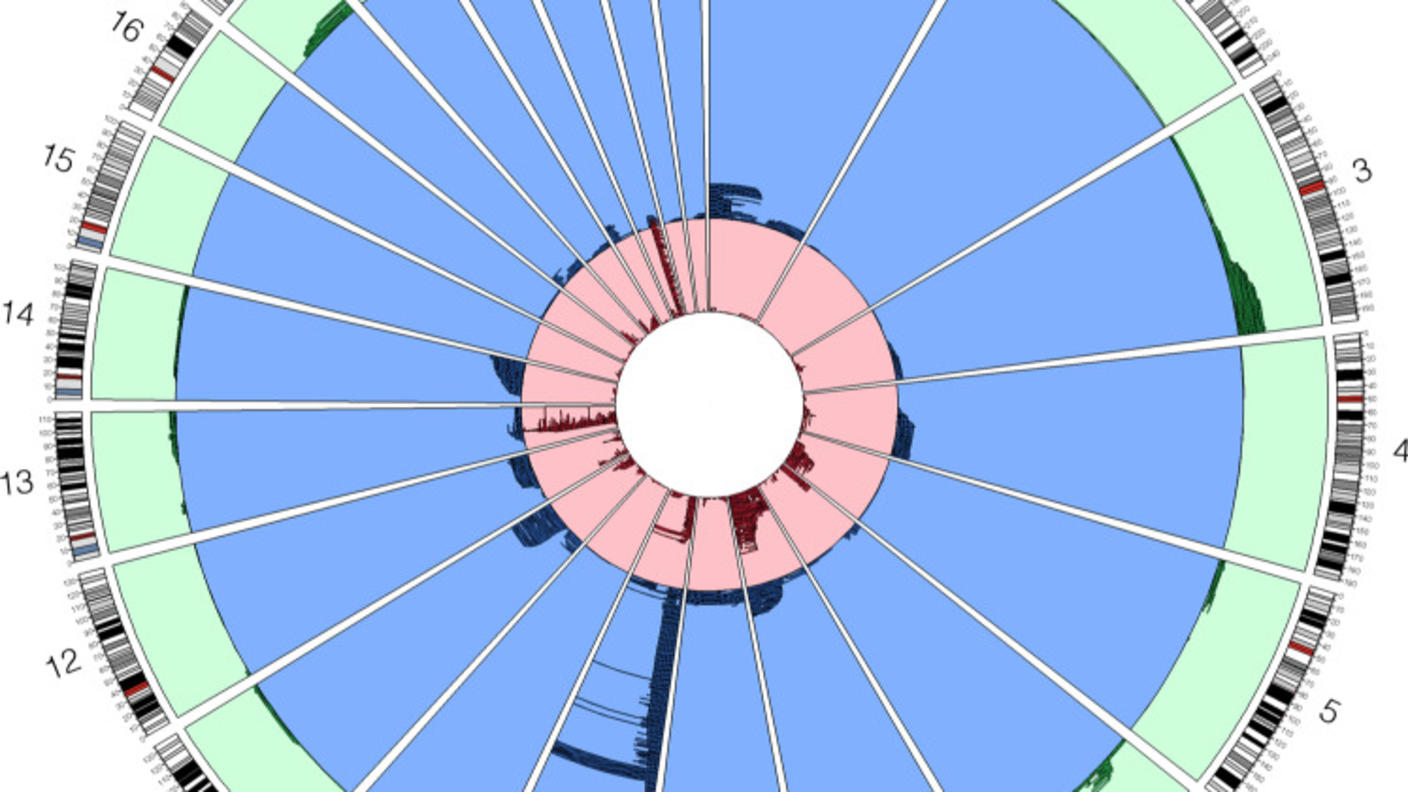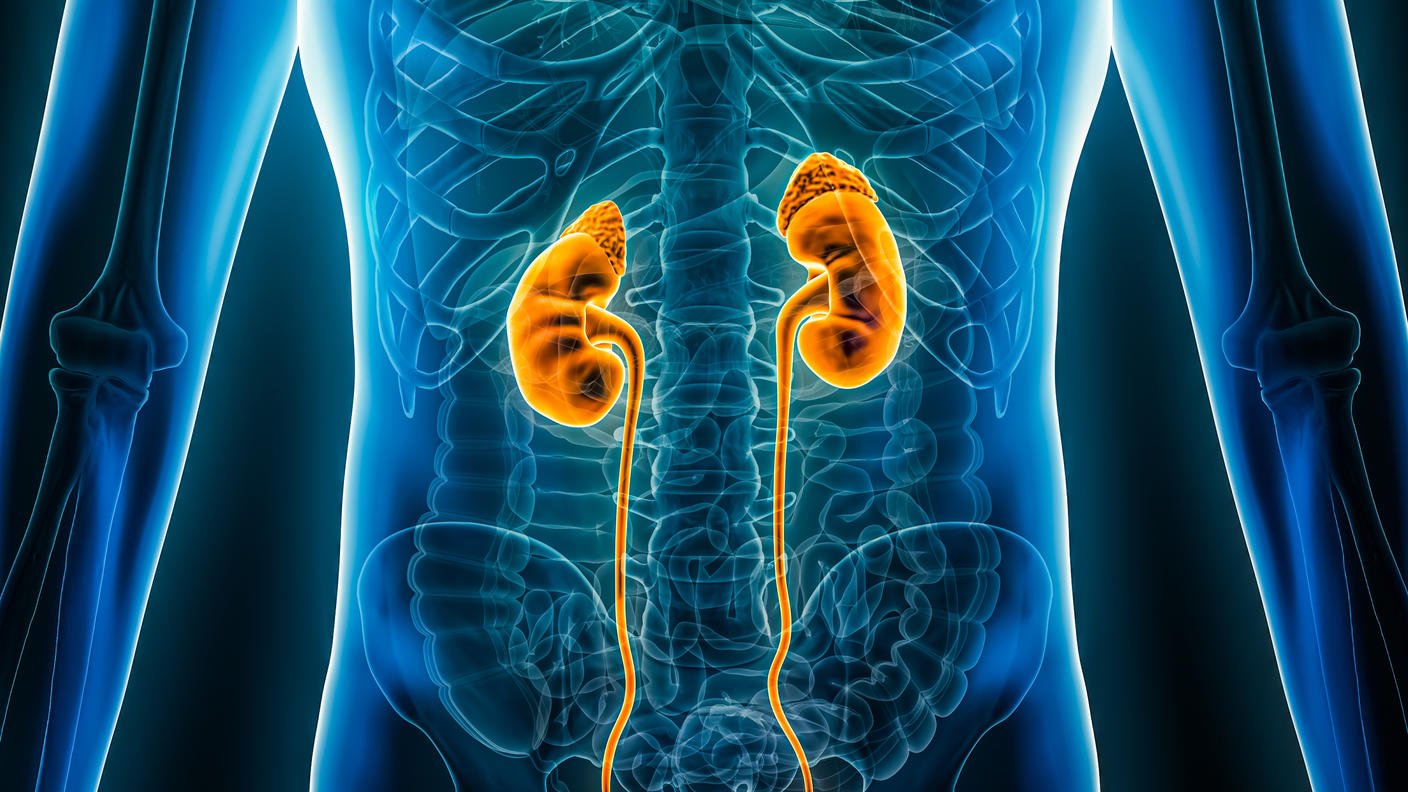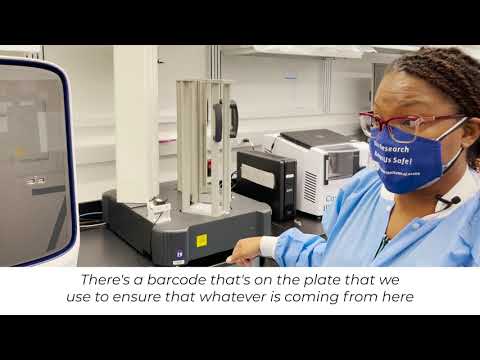DCEG investigates the biological basis of inherited and acquired genetic variants associated with cancer susceptibility, utilizing genome-wide association studies, candidate gene studies, exome sequencing, and genetic mosaicism studies. DCEG scientists and their collaborators employ an array of advanced statistical methods to support these studies.
Genetic Mosaicism Studies
Genetic mosaicism results from an acquired DNA mutation that is present in only some of the body's cells. DCEG investigators are exploring the mechanisms that initiate and select for mosaic alterations and seek to elucidate how genetic mosaicism may serve as an intermediate between normal and disease states. Read more about genetic mosaicism studies.
Genome-wide Association Studies
A genome-wide association study (GWAS) is an approach that involves scanning the genomes from many different people and looking for genetic markers that can be used to predict the presence of a disease. The goal is to understand how genes contribute to the disease and to use that understanding to help develop better prevention and treatment strategies. DCEG has developed a robust research program with GWAS for a number of cancers, and more recently, exposures and survival.
Read more about genome-wide association studies.
Resources for GWAS Studies
The PLCO Atlas is an interactive tool that enables researchers to search for, visualize, and download aggregated association results from the Prostate, Lung, Colorectal, Ovarian (PLCO) Cancer Screening Study GWAS. The resource includes a comprehensive list of over 200 phenotypes collected from questionnaire data, linkage to medical records, cancer registries, and the National Death Index. Tools are available to visualize association results by interactive Manhattan plots that allow for stratification by sex as well as other diagnostic plots (e.g., Q-q plots) and resources to compare genetic correlations across phenotypes. Furthermore, descriptive characteristics of PLCO, annotation of phenotypes, and links to other pertinent genomic resources are available.
In addition, investigators have developed a number of tools and resources that are made available to the scientific community for download and use. Explore genetic analysis software developed by DCEG investigators.
Statistical Methods
DCEG investigators collaborate with scientists at the Cancer Genomics Research (CGR) Laboratory to formulate design and analysis strategies in support of genetic association. Such strategies include determining the number of SNPs to be followed in various stages of multistage GWAS; choosing association test statistics; analyzing and adjusting for population stratification using principal component methods; conducting haplotype-based association scans; and exploring genetic pathways and interactions.


